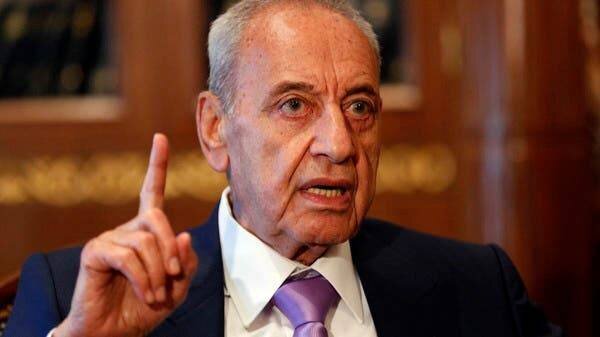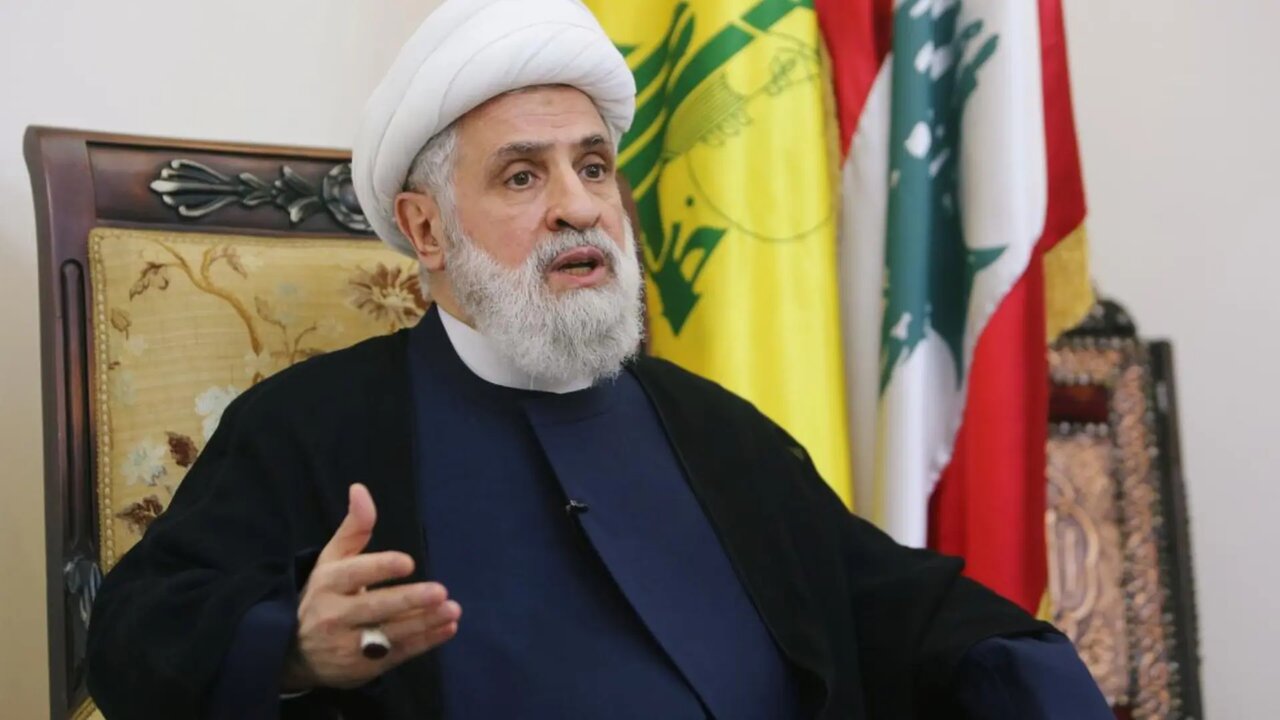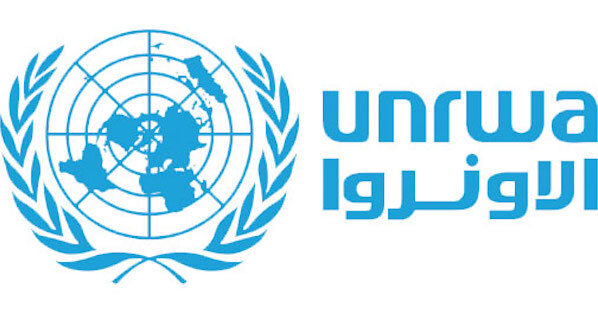IQNA – The international community has come to understand the “true nature” of the Israeli regime after a year of brutal war on Gaza, the head of a Malaysian think tank says.

More than a year has passed since the Israeli regime launched its relentless aggression against the besieged Gaza Strip. The attacks have killed at least 42,126 people, injured 98,117, and displaced almost all of the 2.3 million population of the besieged area. More than 11,000 people are also missing and presumed to be under the rubble.
“In terms of understanding the beastly nature of Israel, the world, especially China, have woken up to its true nature,” Dr. Syed Azman Syed Ahmad Nawawi, CEO of International Institute of Advanced Islamic Studies (IAIS), told IQNA.
Despite the fact the regime is facing genocide charges at the world court for its indiscriminate attacks on Gaza, Western countries, especially the United States, have voiced both military and political support for Tel Aviv.
Nawawi believes this “blind support” will affect the electoral demography in the West. “Blind support of Israel will cut deep into their electoral demography, with left and center left in the West, all agreeing this is systematic brutalization of OTHERS, even at the expense of their own souls, will be a bane to Israel and the West.”
He referred to a Jewish movement dubbed “Not in Our Name,” which tells Jews to distance from Zionism. “Zionism has nothing to do with Judaism,” added the expert.
Another effect of the Western support, according to Nawawi, is that “elites who want to specialize in using left leaning movement to go higher, and to speak with principles, such as Senator Bernie Sanders, an independent, will increase in numbers.”
‘Israeli society will keep going to wars and more wars’
Asked about the internal situation of Israel, the analyst noted that their society is “splitting apart” because of hearing two or voices. “Israel has 70 to 80 percent of the people, opposed to Benjamin Netanyahu and his Ultra Far Right cabinet; but the same 70 to 80 percent also want Hamas and Hezbollah destroyed.
“In this sense, Israel has become a schizophrenic state,” he added.
Israeli cabinets after Netanyahu will “always be hardline,” Nawawi said, adding, “such a society will keep going to wars and more wars, not unlike a mad dog.”
He noted that Professor Norman Finkelstein’s PhD thesis at Princeton University that was about Zionism has “proven beyond a shadow of the doubt: Israel is a lunatic state.”
“I call it a serial terrorist state,” the analyst said, adding, that the regime is “addicted to its own state based terror,” despite the fact that the world is largely composed of people concerned with cost of living, careers and finding a caring home or country.
The wars in the region will continue as long as “Israel believes all their neighbors only understand the language of force,” Nawawi stressed.




.jfif)

.jfif)




.jfif)
.jfif)
.jfif)